Any student interested in enrolling in the Aeronautical engineering in manufacturing program at the Aeronautical University In Queretaro must fulfill the following:
The Aeronautical engineer in manufacturing has the necessary professional competencies for his/her development in the working, local, regional, and national fields.
Professional competencies are the skills that allow the engineer to develop activities in his work field, to adapt to new environments, as well as transfer, if needed, his knowledge, skills, and attitudes to forthcoming professional areas.
To raise and solve problems based on the principles and theories of physics, chemistry, and math, through the scientific method to back up decision-making in the scientific and technological scope.
To develop and strengthen the instrumental, interpersonal, systemic, and directive skills to communicate in a second language.
1. To provide technical support to aeronautical manufacturing processes through pre-established procedures based on the sector normative to maintain the operation of the process and achieve the client’s requirements.
1.1 To diagnose technical faults in aeronautical manufacturing processes through the evaluation of processes and fault analysis techniques to determine the causes of the faults.
1.2. To implement solutions to technical faults in aeronautical manufacturing processes establishing solution procedures and validating the implementation of them to ensure the continuity of the process and product quality.
2. To Develop projects for aeronautical manufacturing production processes, through process design methodologies, considering product specifications and operating conditions to guarantee the functionality and profitability of aircraft components and systems.
2.1 To Design manufacturing production processes in the aeronautical industry, interpreting plans, considering product specifications, establishing operating conditions, procedures and work instructions, inspection methodologies, to implement new manufacturing processes and guarantee compliance with customer requirements.
2.2 Implement manufacturing production processes in the aeronautical industry based on the design of the production process, according to the master production plan and the operating conditions of the processes to meet customer requirements.
3. To Innovate aeronautical manufacturing production systems based on research methodologies, optimization, modeling of production systems to increase productivity, profitability, and sustainability of the aeronautical sector.
3.1 To Optimize manufacturing production systems in the aeronautical industry based on optimization techniques, the definition of variables, and process modeling, to improve productivity, reduce costs and contribute to profitability
3.2 Innovation of manufacturing production systems in the aeronautical industry based on the detection and analysis of needs, through process design, simulation, modeling, and testing methodologies, to grant competitive advantages and contribute to profitability
The Aeronautical Engineer in Manufacturing will be able to work in:
The Aeronautical Engineer in Manufacturing may perform as:
To Train Aeronautical Engineers in Manufacturing with attitudes, values, knowledge, and skills to provide technical support to manufacturing processes, develop projects for aeronautical manufacturing production processes and innovate aeronautical manufacturing production systems, in addition to being willing to do research; all this under safety, discipline and quality standards for the social, economic and cultural development of Mexico.

Carretera Estatal 200 Querétaro – Tequisquiapan No. 22154
Col. Parque Aeroespacial de Querétaro.
Colón, Querétaro. México
C.P. 76278
Teléfono: (442) 101 66 00
2022 | Universidad Aeronáutica en Querétaro